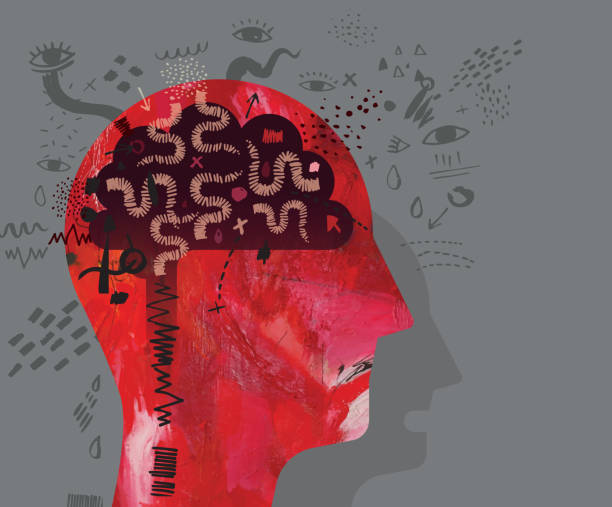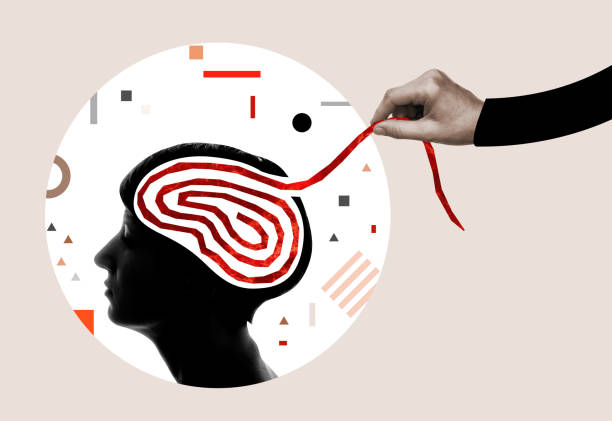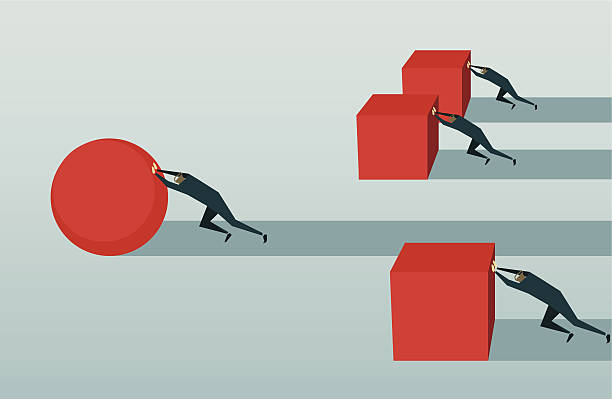Stress Management and Emotional Resilience: Essential for Functional Development

Stress is one of the most significant challenges to functional development, sapping energy, reducing productivity, and ultimately impacting physical and mental well-being. In today’s fast-paced world, the ability to manage stress and cultivate emotional resilience is essential for achieving personal and professional goals. Psychological techniques provide practical strategies to not only alleviate stress but also build emotional resilience, creating a stable foundation for functional development.
Understanding the Role of Stress in Functional Development
Stress activates the body’s “fight or flight” response, which can be beneficial in the short term but becomes detrimental when prolonged. Chronic stress affects the mind and body, leading to fatigue, lowered immunity, and emotional exhaustion. For individuals focused on functional development—whether that means enhancing physical abilities, mental acuity, or emotional intelligence—stress management is key. Emotional resilience, on the other hand, equips individuals to bounce back from stress, overcome adversity, and maintain focus on their goals despite external pressures.
1. Meditation and Mindfulness: Cultivating Calm and Focus
Meditation and mindfulness practices offer powerful tools for stress reduction by helping individuals focus on the present and avoid becoming overwhelmed by past or future concerns. These practices:
⭕ Reduce anxiety: Meditation and mindfulness decrease activity in the brain’s “fear centers” and promote calm by reducing the frequency and intensity of anxiety.
⭕ Enhance concentration: By centering attention on the present, mindfulness minimizes distractions, fostering mental clarity and improved decision-making.
⭕ Improve emotional regulation: Regular mindfulness practices train the brain to observe emotions without overreacting, leading to greater emotional control and stability.
Mindfulness techniques, such as body scans and guided breathing exercises, can be incorporated into daily routines, promoting an awareness of physical sensations and mental states that reduce stress and enhance functional performance.
2. Positive Thinking: Building Emotional Resilience Through Optimism
Positive thinking is a cognitive approach that transforms stress by reframing negative thoughts and focusing on constructive alternatives. This approach:
⭕ Enhances emotional resilience: Individuals who adopt a positive mindset are better equipped to handle stress, seeing obstacles as temporary challenges rather than insurmountable barriers.
⭕ Promotes proactive coping: Positive thinking encourages a solution-focused perspective, inspiring individuals to take action rather than feeling defeated by stressors.
⭕ Strengthens self-esteem: When people focus on their strengths and achievements, they reinforce their belief in their ability to overcome difficulties, bolstering confidence and emotional stability.
Cognitive-behavioral techniques such as identifying negative self-talk and replacing it with positive affirmations can improve emotional resilience, creating a mental buffer against stress that is vital for functional development.
3. Relaxation Techniques: Restoring Psychological and Physical Balance
Relaxation techniques directly counteract the effects of stress, allowing individuals to maintain mental and physical equilibrium. Common techniques include:
⭕ Breathing exercises: Deep breathing stimulates the parasympathetic nervous system, which relaxes the body and lowers stress hormones. Techniques like box breathing and diaphragmatic breathing improve mental clarity and reduce tension.
⭕ Progressive muscle relaxation (PMR): This technique involves tensing and releasing different muscle groups, releasing stored stress in the body. PMR is particularly effective for reducing physical symptoms of stress, like muscle tension and headaches.
⭕ Guided imagery and visualization: These methods use mental images to promote relaxation and relieve stress, creating a calming mental space that encourages recovery.
Incorporating these relaxation techniques into a daily routine builds resilience, allowing people to navigate stressful situations with greater ease and stay focused on their functional development goals.
Practical Application in Functional Development
Applying stress management and emotional resilience strategies can make a profound difference in maintaining motivation, productivity, and personal well-being. Individuals who adopt these techniques find they can sustain higher energy levels, avoid burnout, and stay focused on long-term objectives. By maintaining mental balance and building emotional resilience, people are better equipped to handle the demands of their environment and cultivate a growth-oriented mindset.
Conclusion
Stress management and emotional resilience are foundational for functional development. By integrating practices like meditation, positive thinking, and relaxation techniques, individuals can develop a mental and emotional buffer against life’s pressures. These methods not only reduce stress but also build the resilience needed to overcome setbacks, enabling a consistent and sustainable approach to personal growth. Through these practices, anyone can enhance their capacity to thrive, reaching new levels of productivity, focus, and fulfillment in all aspects of life.







Responses